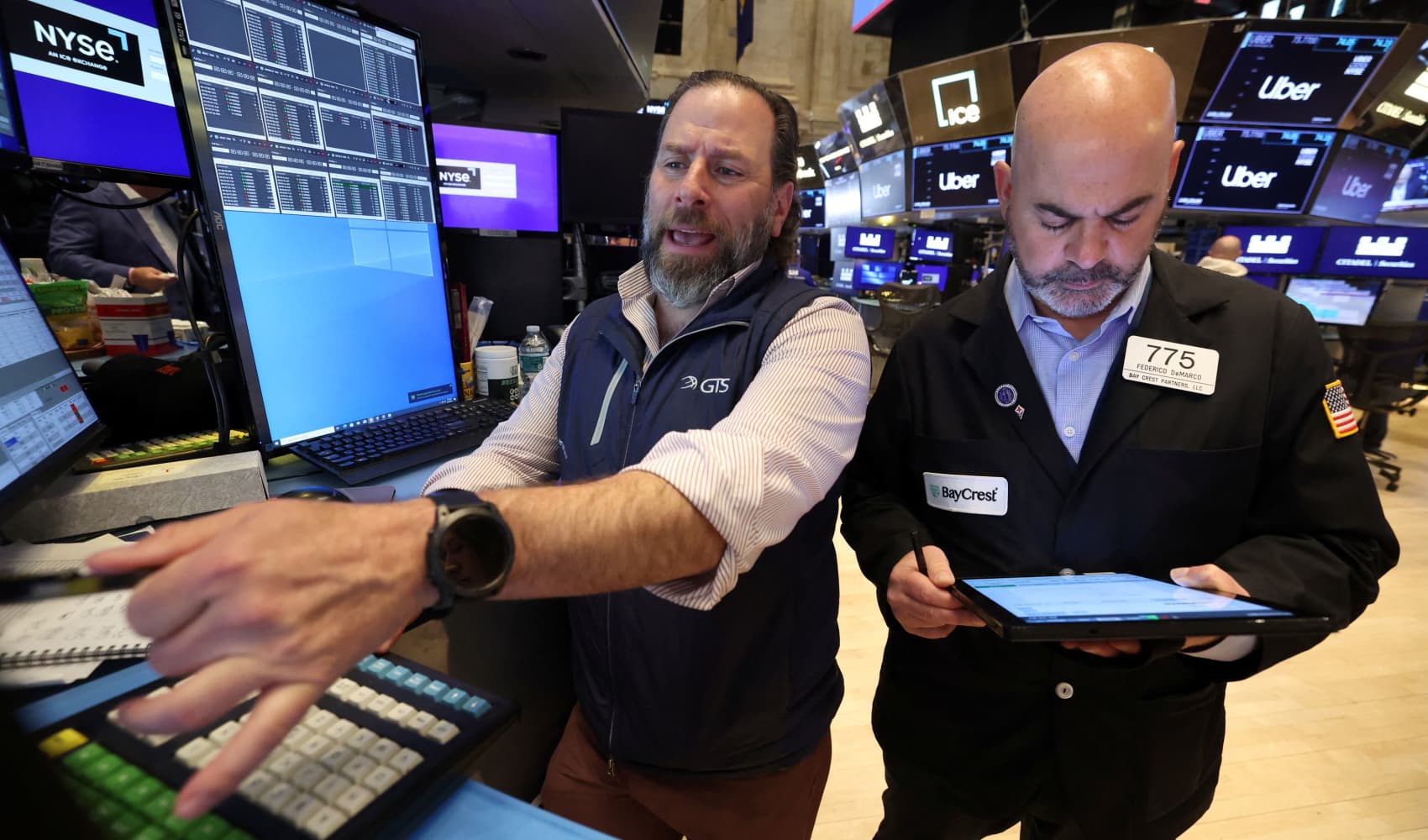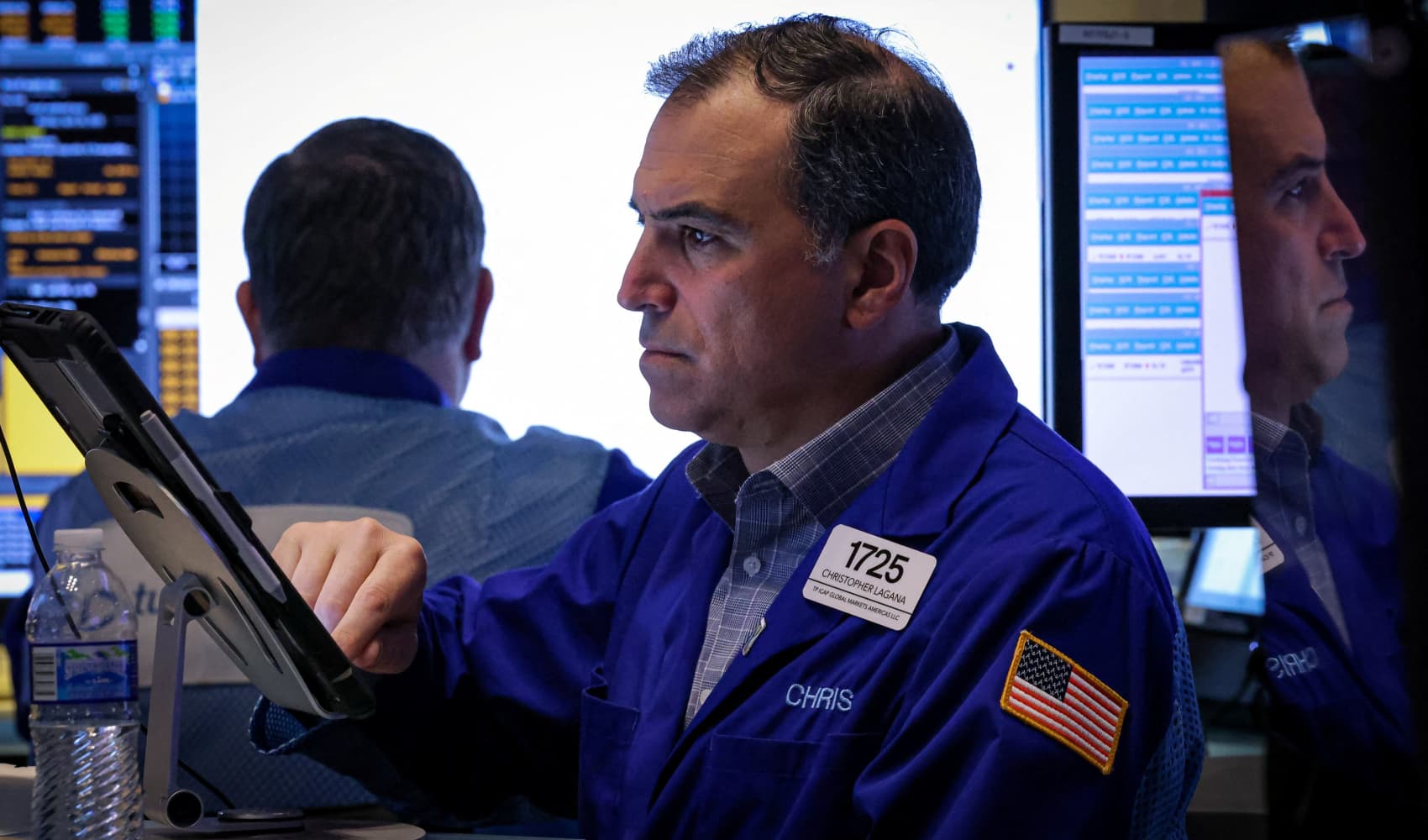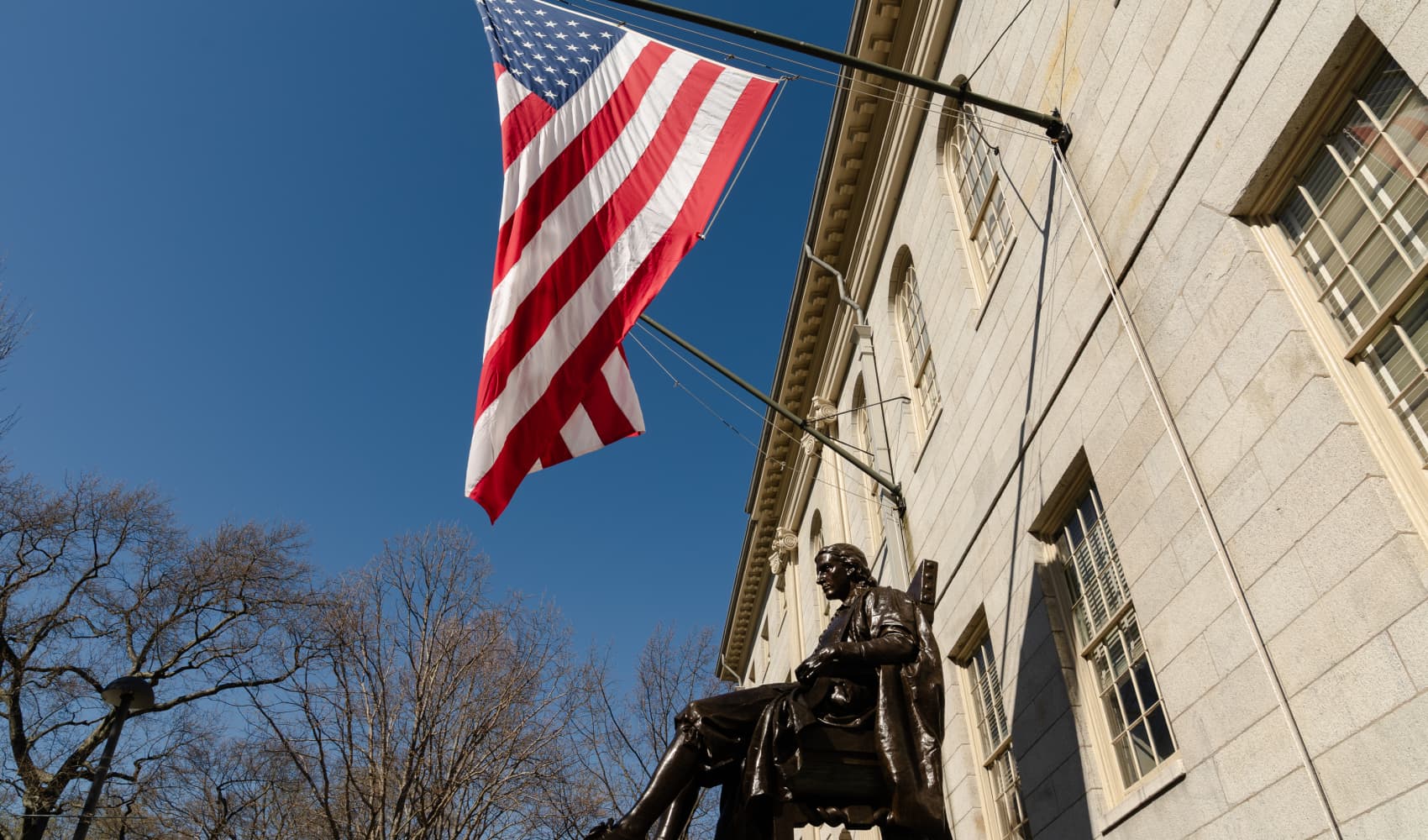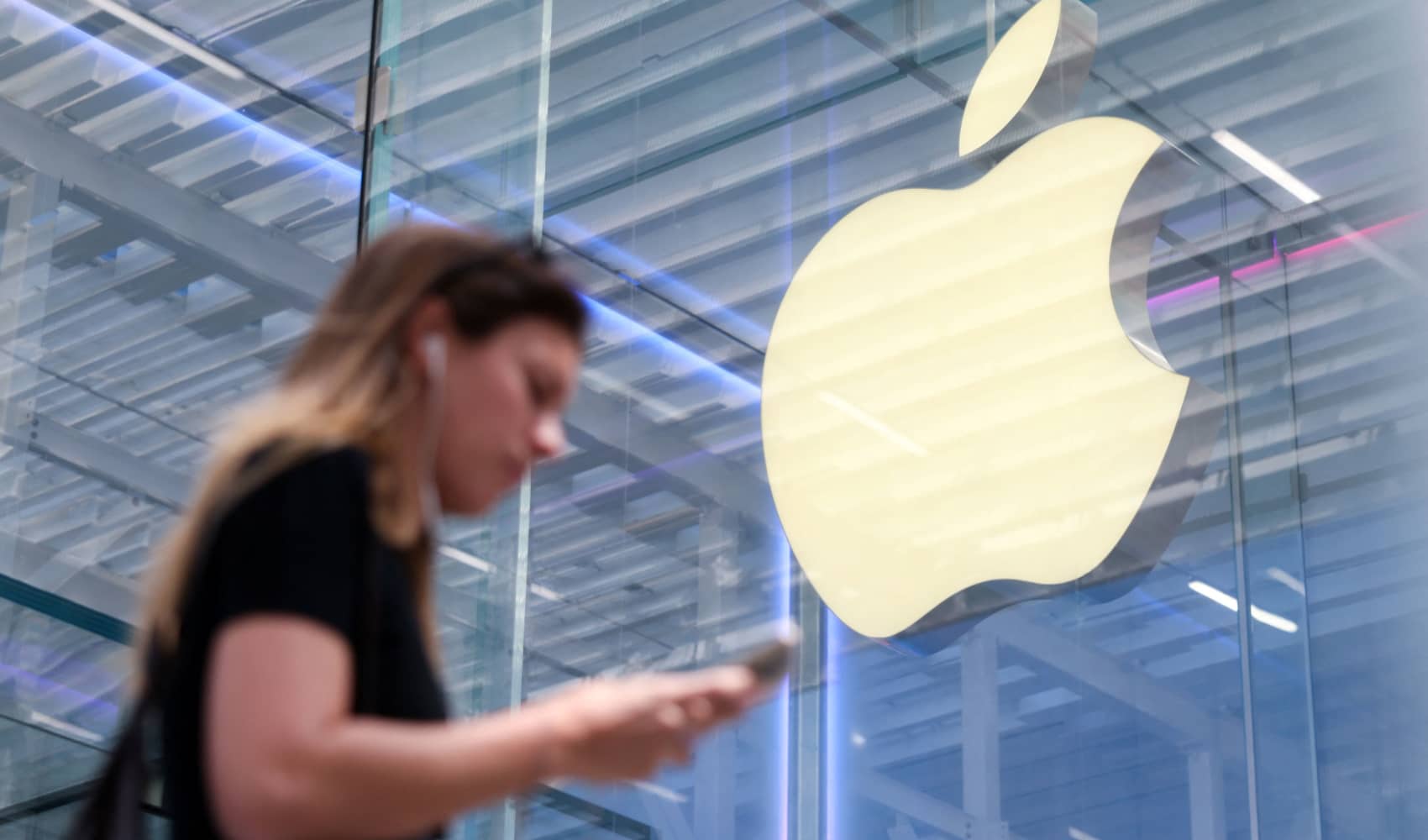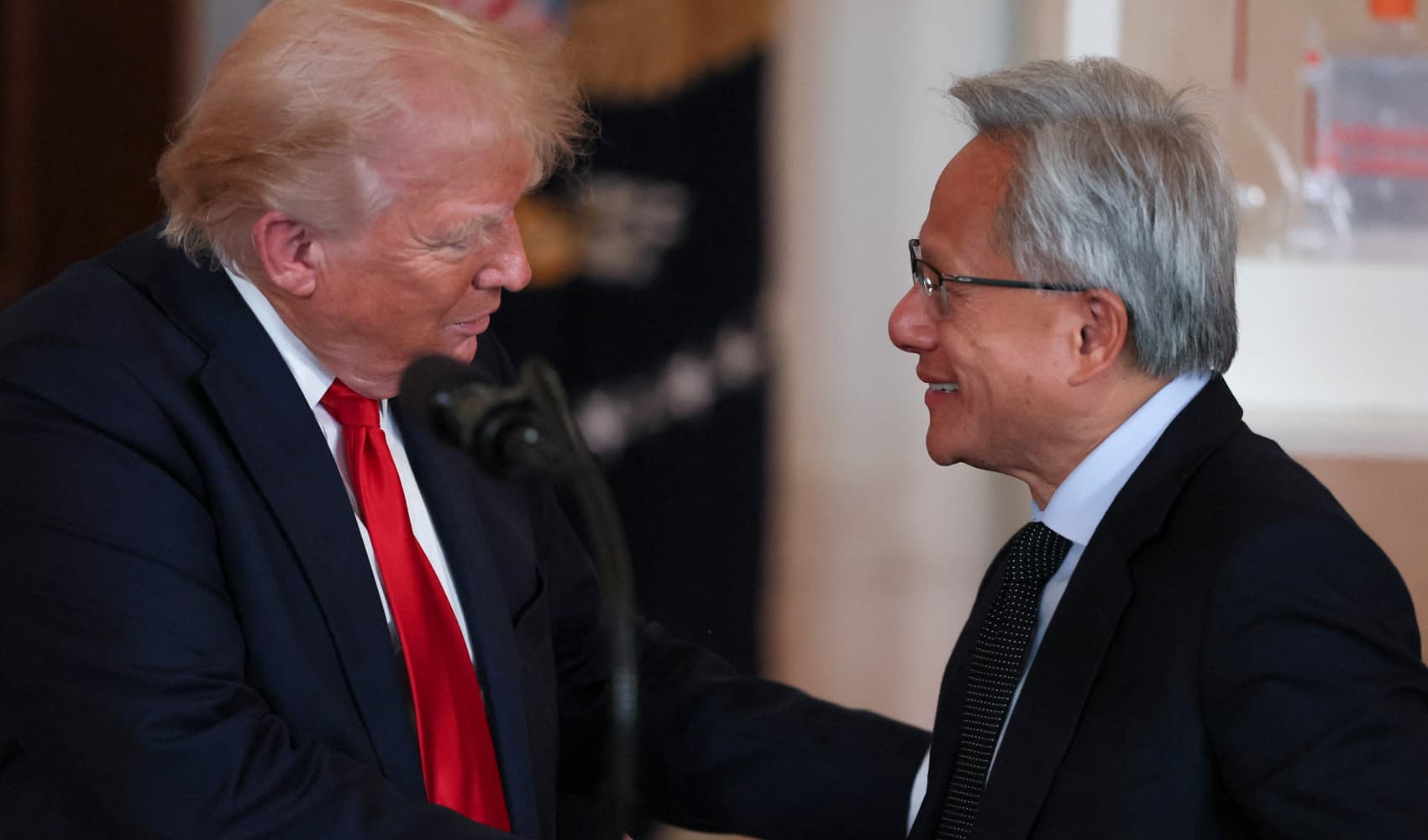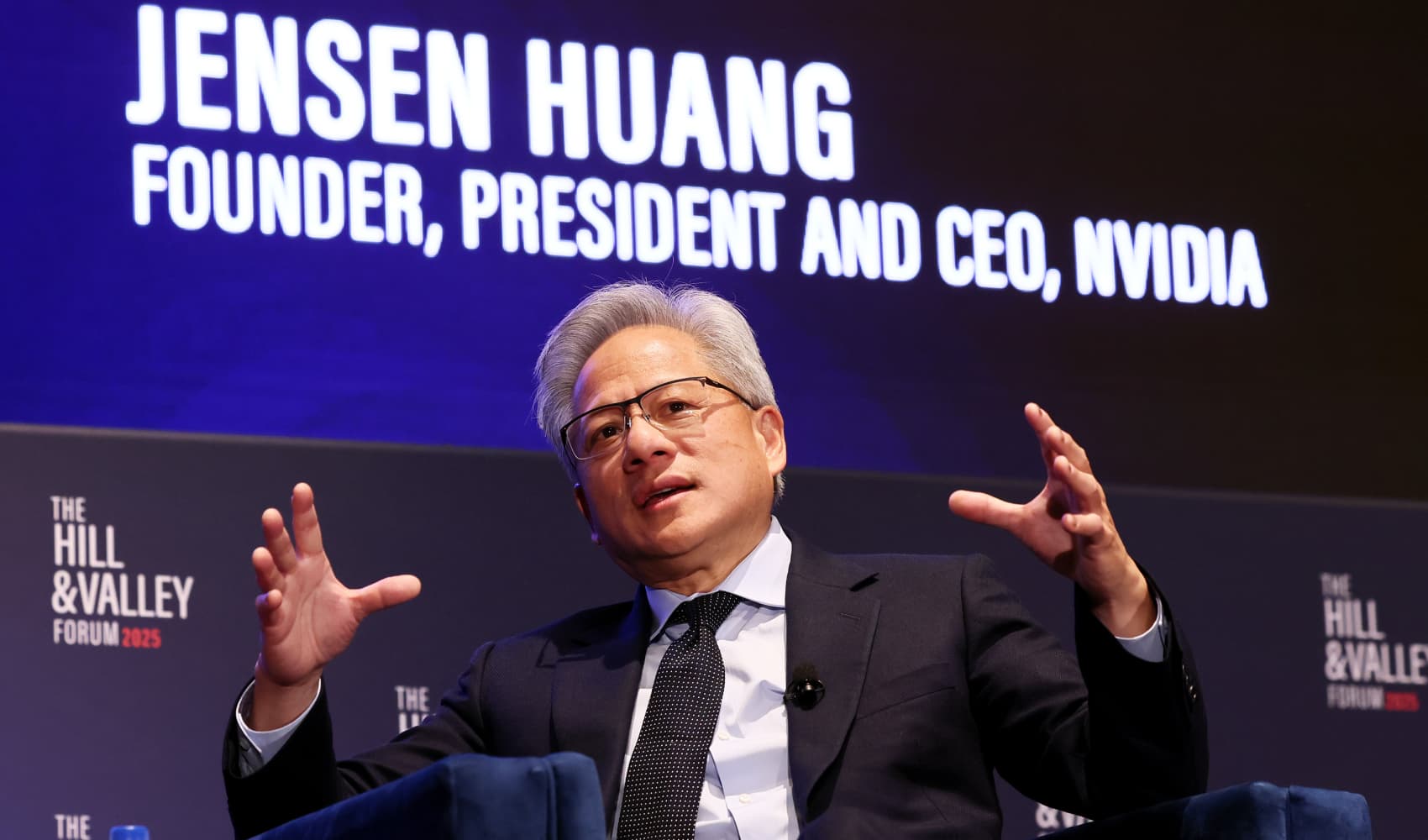S&P 500 Soars! How to Profit from the 4% Gain
S&P 500 Soars! 4% Weekly Gain Signals Bullish Momentum
Riding the Wave: S&P 500 Closes Strong
Wow, what a week for the stock market! The S&P 500 just wrapped up its fourth consecutive day of gains, posting a remarkable 4% surge for the week. It's like watching a surfer catch the perfect wave and ride it all the way to shore. But what's driving this bullish momentum, and what does it mean for your investments? Let's dive in!
Friday's Triumphs: A Closer Look at the Numbers
On Friday, the S&P 500 climbed 0.74% to close at 5,525.21. The Nasdaq Composite outperformed, jumping 1.26% to 17,282.94. Even the Dow Jones Industrial Average, often considered more stable, managed a modest gain of 0.05%, or about 20 points, finishing at 40,113.50. It's a mixed bag, sure, but the overall trend is undeniably upward.
Tech Titans Lead the Charge
The "Magnificent Seven" Spark the Rally
Remember the "Magnificent Seven" tech stocks? They're making headlines again. Alphabet, the parent company of Google, reported stellar earnings, exceeding expectations on both revenue and profit. This positive news sent Alphabet shares soaring by 1.5%. Think of it as the engine that kickstarted the Friday rally.
Tesla's Electrifying Performance
But wait, there's more! Tesla shares absolutely exploded, surging by a whopping 9.8%. Talk about a shot in the arm for the market! Imagine Tesla as the race car that left the others in the dust. Fellow megacap tech giants Nvidia and Meta Platforms joined the party, advancing 4.3% and 2.7%, respectively.
Weekly Winners: Breaking Down the Gains
S&P 500: The Broad Market Benchmark
Over the course of the week, the S&P 500 notched a significant 4.6% gain. That's like a solid investment yield in just five trading days! It showcases the breadth of the market's positive performance.
Nasdaq Composite: The Tech-Heavy Powerhouse
The Nasdaq Composite, heavily weighted with tech stocks, outpaced the S&P 500, climbing an impressive 6.7% for the week. This highlights the continued dominance and growth potential of the technology sector. Is this the beginning of another tech boom?
Dow Jones: The Steady Performer
While it lagged behind the other two, the Dow Jones Industrial Average still managed a respectable 2.5% advance. It shows that even more traditional, established companies are participating in the market's upward trend.
Navigating the Global Trade Landscape
The market's performance is happening against a backdrop of an evolving global trade landscape. Think of it as sailing a ship through uncharted waters – there are always uncertainties and challenges. Investors are constantly monitoring economic data, geopolitical events, and policy changes that could impact corporate earnings and market sentiment. This constant evaluation of new information is crucial to making smart investment decisions.
Looking Ahead: What's Next for the Market?
Inflation's Persistent Influence
Inflation remains a key concern. While recent data suggests inflation may be cooling, it's still above the Federal Reserve's target. Will the Fed continue to raise interest rates, potentially slowing economic growth? That's the million-dollar question that everyone is trying to answer.
The Fed's Balancing Act
The Federal Reserve faces a delicate balancing act. They need to control inflation without triggering a recession. It's like walking a tightrope – one wrong step, and things could go awry.
Earnings Season: A Report Card for Corporate America
With earnings season in full swing, investors are closely scrutinizing companies' financial results. Strong earnings reports can boost investor confidence, while disappointing results can trigger sell-offs. Keep an eye on the earnings announcements of major companies in the coming weeks.
Sector Spotlight: Identifying the Leaders
Technology: The Undisputed King
The technology sector continues to lead the market's gains, driven by innovation, strong earnings, and growing demand for digital products and services. Think of it as the engine that powers the modern economy.
Consumer Discretionary: Riding the Spending Wave
Consumer discretionary stocks, which include retailers and leisure companies, are also performing well, fueled by strong consumer spending. This indicates a healthy economy, with people willing to spend money on non-essential goods and services.
Energy: A Tale of Volatility
The energy sector, on the other hand, has been more volatile, influenced by fluctuations in oil prices and geopolitical events. Investing in energy requires a strong stomach and a long-term perspective.
Investment Strategies: How to Capitalize on the Market's Momentum
Diversification: Spreading Your Risk
Diversification is always a good idea. Don't put all your eggs in one basket. Spread your investments across different asset classes, sectors, and geographic regions. This can help reduce your overall risk and improve your long-term returns.
Long-Term Investing: Staying the Course
Don't get caught up in the day-to-day fluctuations of the market. Focus on your long-term goals and stay the course. Remember, investing is a marathon, not a sprint.
Dollar-Cost Averaging: A Smart Approach
Consider using dollar-cost averaging, which involves investing a fixed amount of money at regular intervals. This can help you smooth out your returns and avoid the temptation to time the market.
Risk Management: Protecting Your Portfolio
Stop-Loss Orders: Limiting Your Losses
Use stop-loss orders to automatically sell your shares if they fall below a certain price. This can help you limit your losses and protect your capital.
Regular Portfolio Reviews: Staying Informed
Regularly review your portfolio to ensure that it still aligns with your investment goals and risk tolerance. Adjust your allocations as needed.
Conclusion: Key Takeaways from the Market's Rally
The S&P 500's recent rally, fueled by strong tech earnings and overall market optimism, is a positive sign for investors. However, it's crucial to remember that the market is always evolving, and risks remain. By staying informed, diversifying your portfolio, and focusing on the long term, you can navigate the market's ups and downs and achieve your financial goals. So, while the current wave is exhilarating, remember to stay vigilant and prepared for what lies ahead.
Frequently Asked Questions
Here are some frequently asked questions about the stock market's recent performance:
- What is the S&P 500 and why is it important?
The S&P 500 is a stock market index that represents the performance of 500 of the largest publicly traded companies in the United States. It's a widely recognized benchmark for the overall health of the US stock market.
- What factors are driving the current market rally?
Several factors are contributing, including strong earnings from major tech companies, easing inflation concerns, and positive investor sentiment.
- Is it too late to invest in the stock market?
It's never too late to start investing, but it's important to do your research and invest wisely. Consider your risk tolerance, investment goals, and time horizon before making any decisions.
- How can I protect my portfolio during a market downturn?
Diversification, stop-loss orders, and regular portfolio reviews are all effective risk management strategies.
- What is the Federal Reserve's role in the stock market?
The Federal Reserve sets monetary policy, which can influence interest rates and economic growth. Changes in monetary policy can have a significant impact on the stock market.
